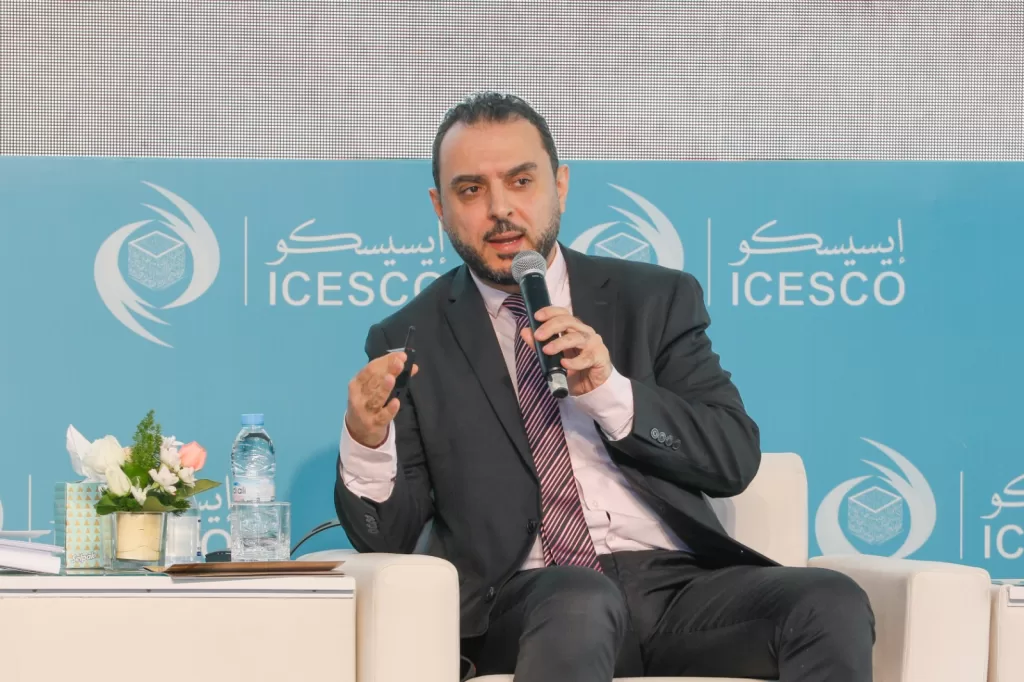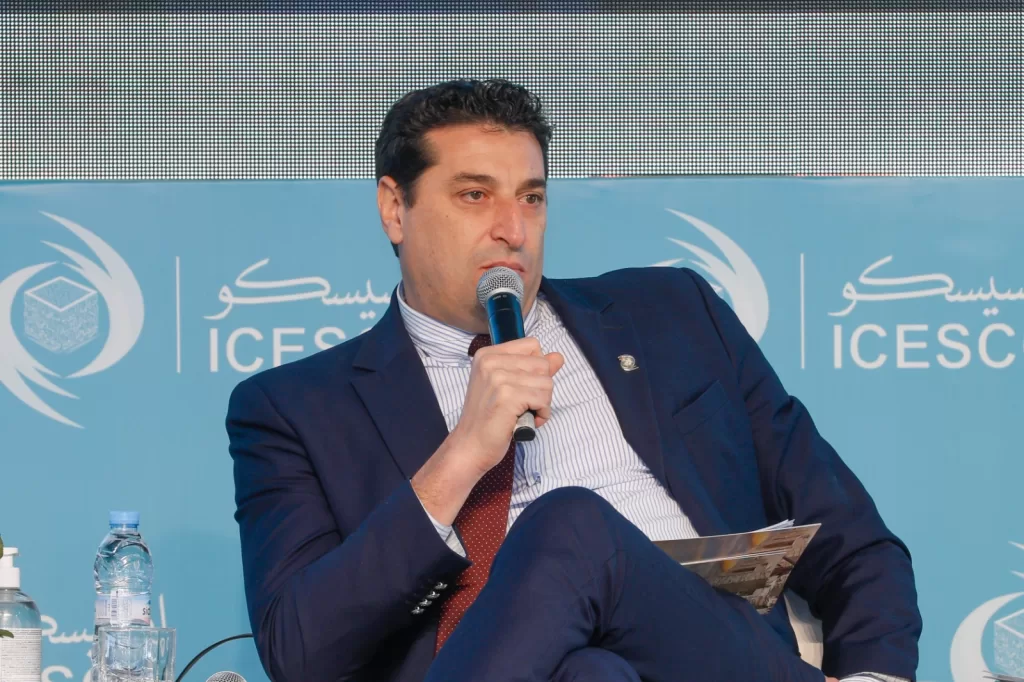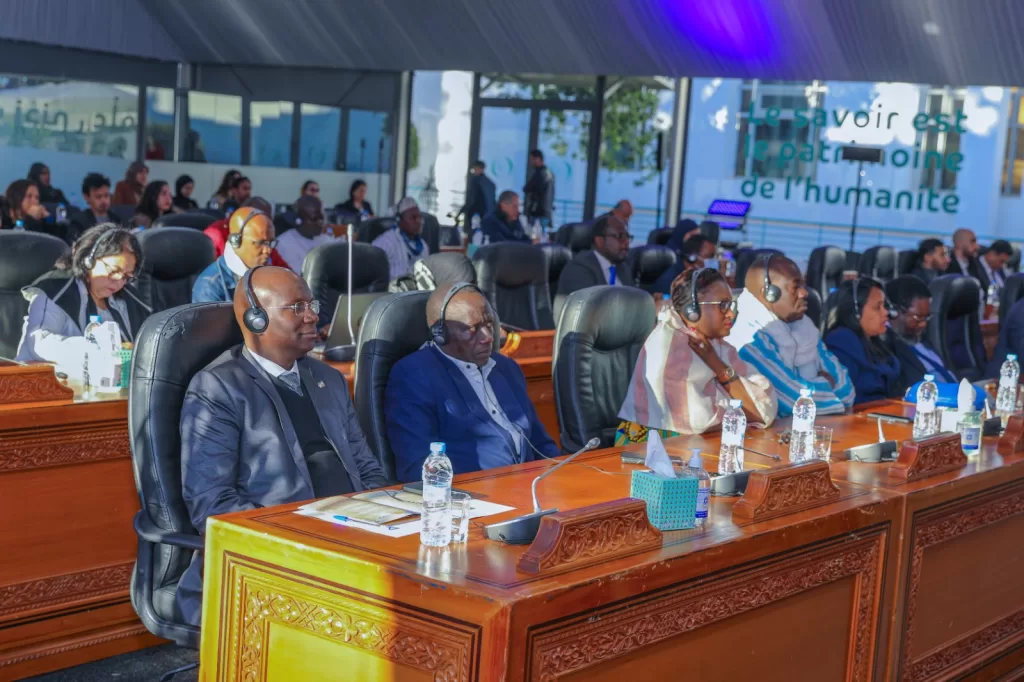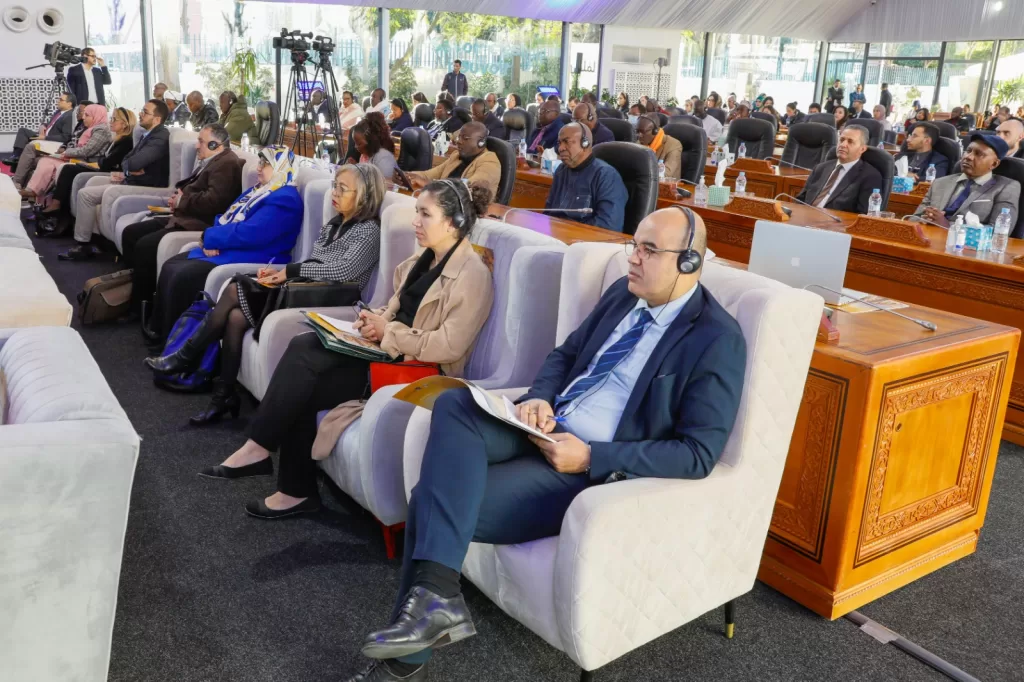
Launch of Training Workshop on “Combating Illicit Trafficking in Cultural Properties” at ICESCO Headquarters

10 December 2024
Continuing its efforts to safeguard and promote heritage, particularly through the development of a strategy to combat illicit trafficking of cultural property in the Islamic world, the Islamic World Educational, Scientific, and Cultural Organization (ICESCO) launched today, Tuesday, 10 December 2024, a training workshop titled “Combating Illicit Trafficking of Cultural Properties: Documentation and Preservation.” The Workshop, organized in collaboration with Qatar National Library and the National Library of the Kingdom of Morocco, is directed toward heritage professionals from 13 countries.
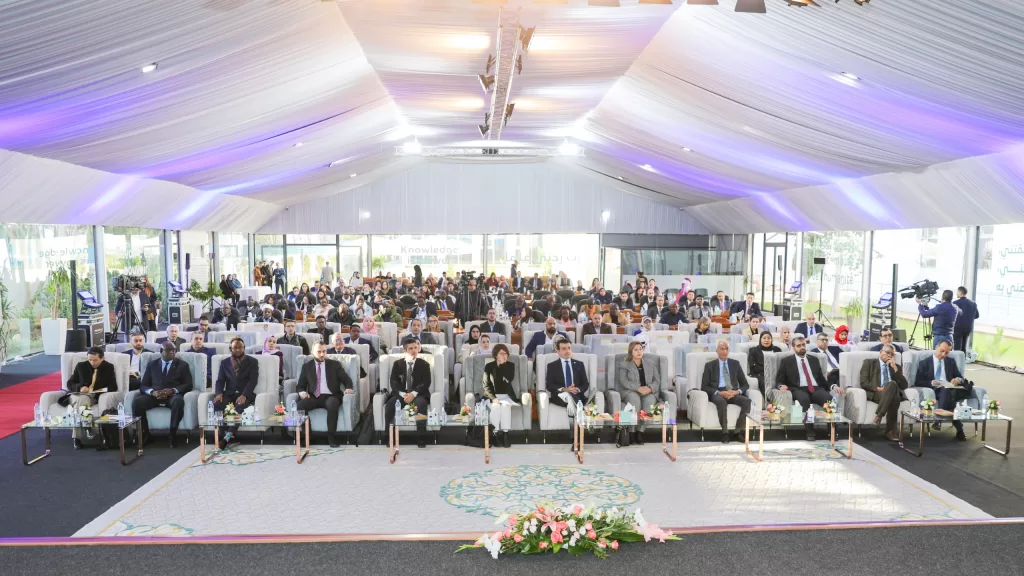
The opening session of the Workshop, held as part of the “Qatar-Morocco 2024 Cultural Year”, began with an overview presented by Dr. Asmaa Mahdioui, Program Assistant in the Department of Legal Affairs and International Standards at ICESCO.
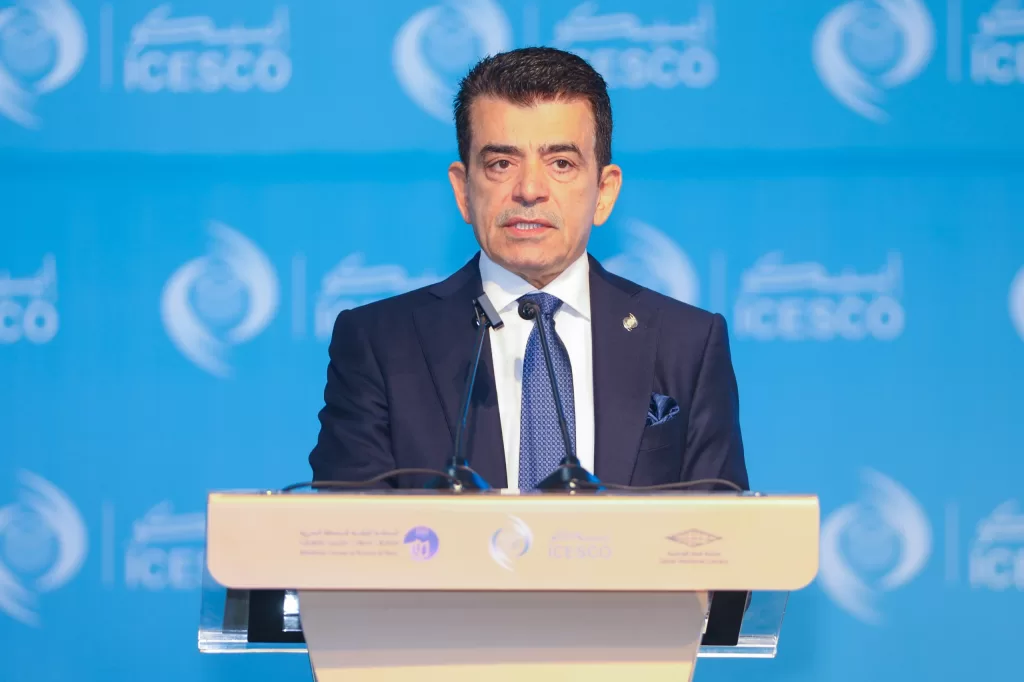
In his remarks, Dr. Salim M. AlMalik, Director-General of ICESCO, emphasized that preserving cultural property is a fundamental human right. He highlighted the painful instances of destruction, looting, and smuggling of cultural property witnessed in recent years, often exploiting legal loopholes. These incidents have prompted ICESCO to take the lead by developing its anti-trafficking strategy.
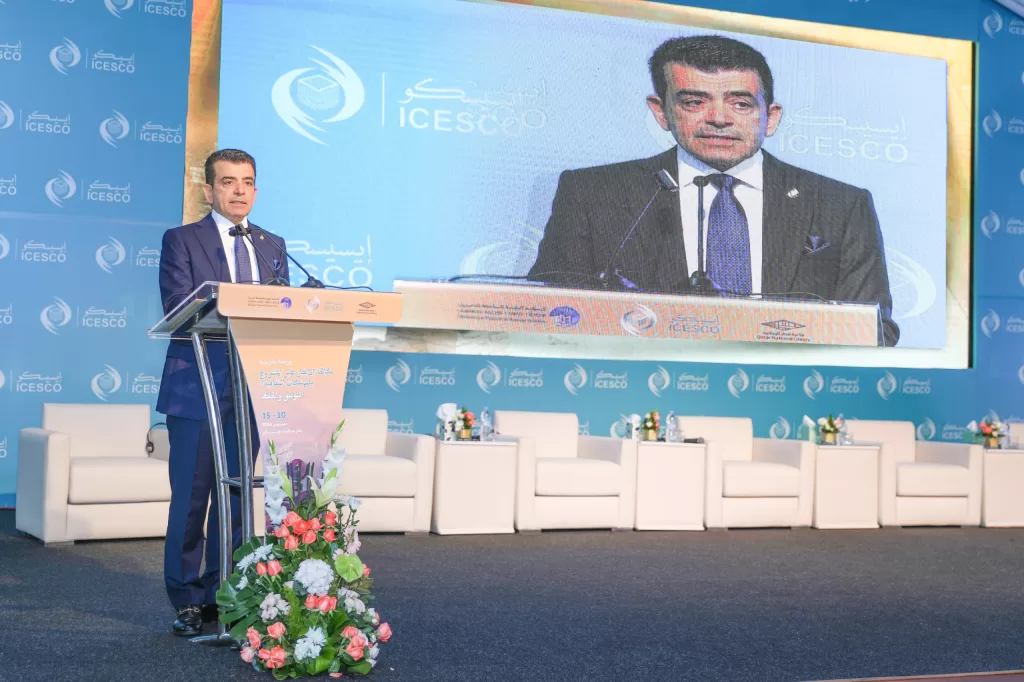
Moreover, Dr. AlMalik explained that ICESCO is producing a series of scientific studies covering various national and international legal mechanisms. He underlined the critical role of documentation in combating illicit trafficking by enabling tracking, proof of ownership, and restitution. He also stressed the importance of modern technologies, particularly artificial intelligence, which offers unprecedented opportunities for heritage preservation and safeguarding.
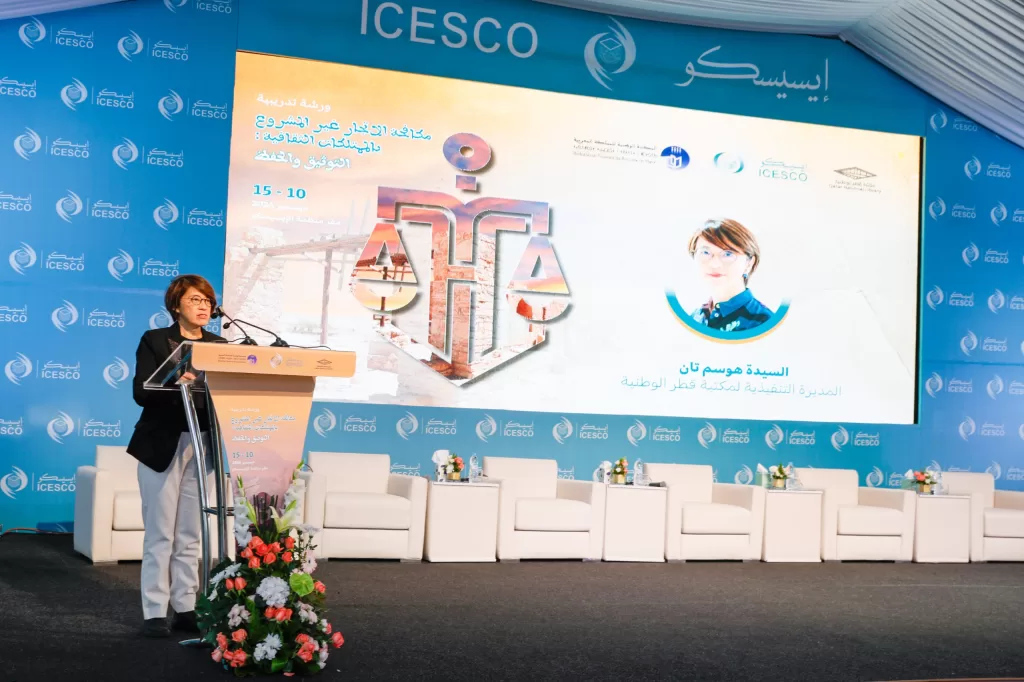
Ms. Tan Huism, Executive Director of Qatar National Library, reaffirmed the Library’s commitment to preserving the Region’s cultural heritage. Meanwhile, Ms. Samira El Malizi, Acting Director of the National Library of the Kingdom of Morocco, underscored the significance of international cooperation in addressing the challenge of illicit trafficking in cultural properties, advocating for enhanced legislative and legal frameworks.
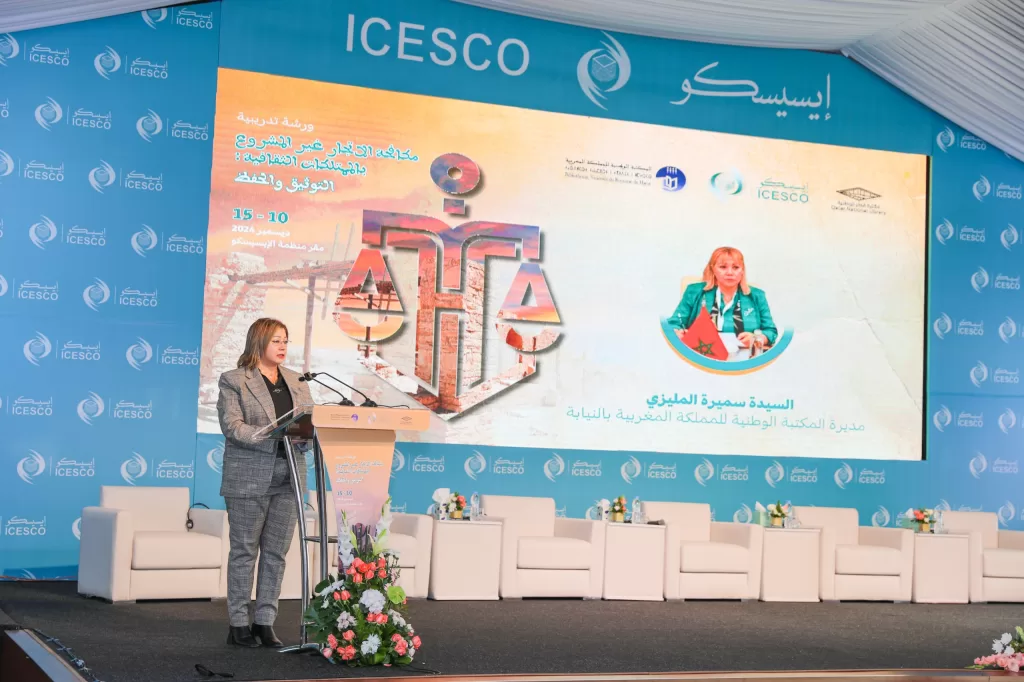
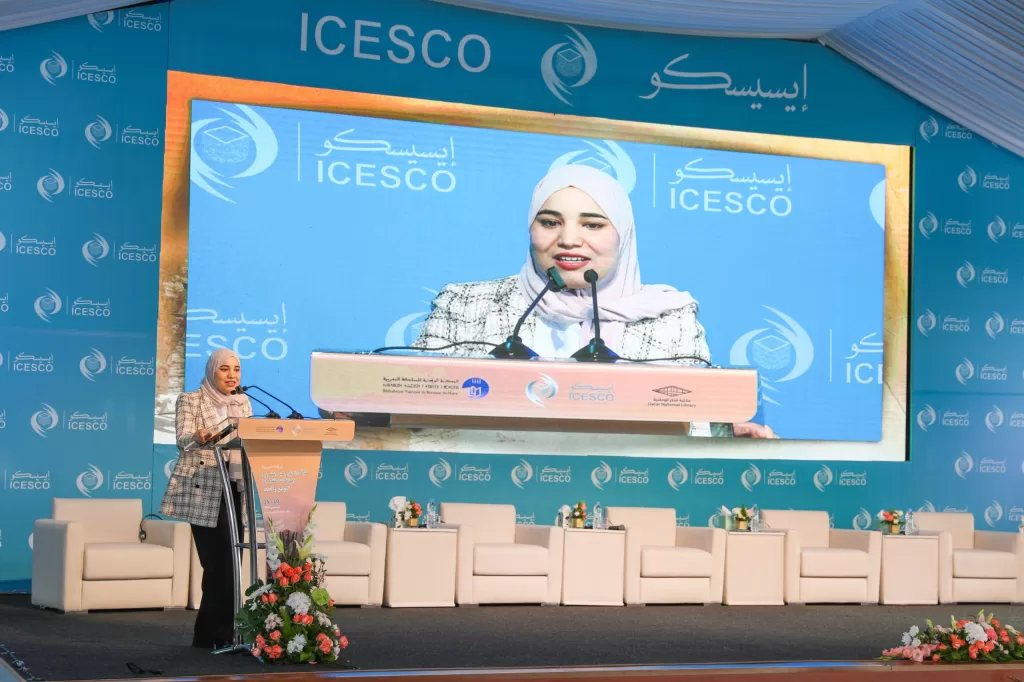
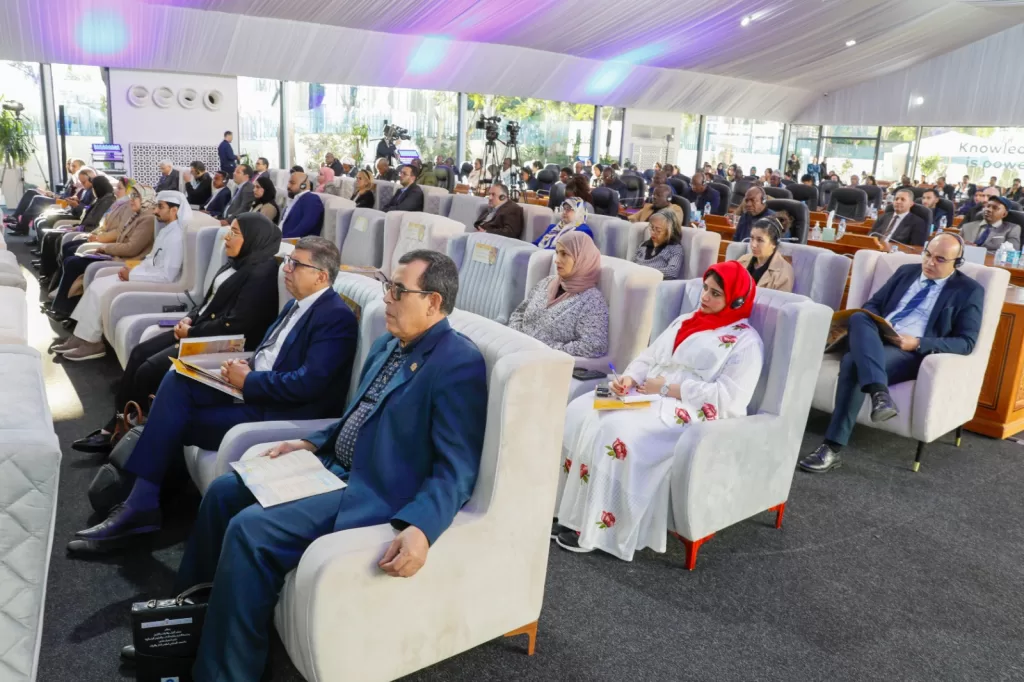
This was followed by a presentation from Mr. Maxim Nasra, Head of the Conservation and Preservation at Qatar National Library, on the “Himaya Project,” a library initiative aimed at combating illicit trafficking in cultural property, particularly manuscripts. Mr. Mohamed Hedi Shili, Director of Legal Affairs and International Standards Department at ICESCO, also presented the Organization’s strategy for combating illicit trafficking in cultural properties in the Islamic world.
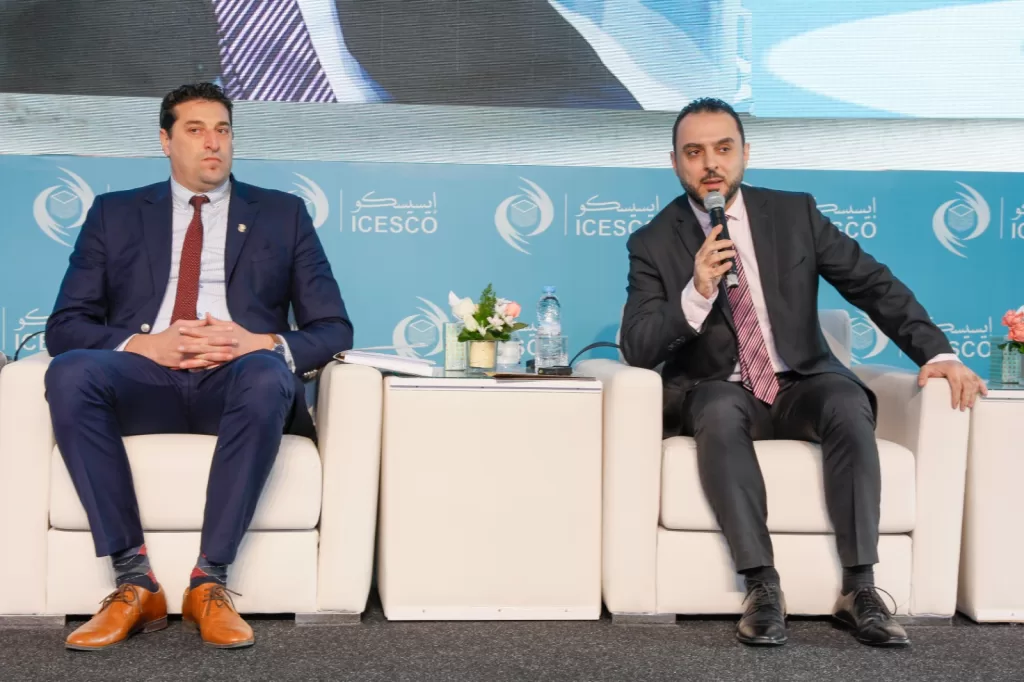
Subsequently, the scientific sessions of the workshop commenced. The Workshop, scheduled to span over six consecutive days, will take place at ICESCO’s headquarters, the city of Fez, and the National Library of the Kingdom of Morocco in Rabat.
